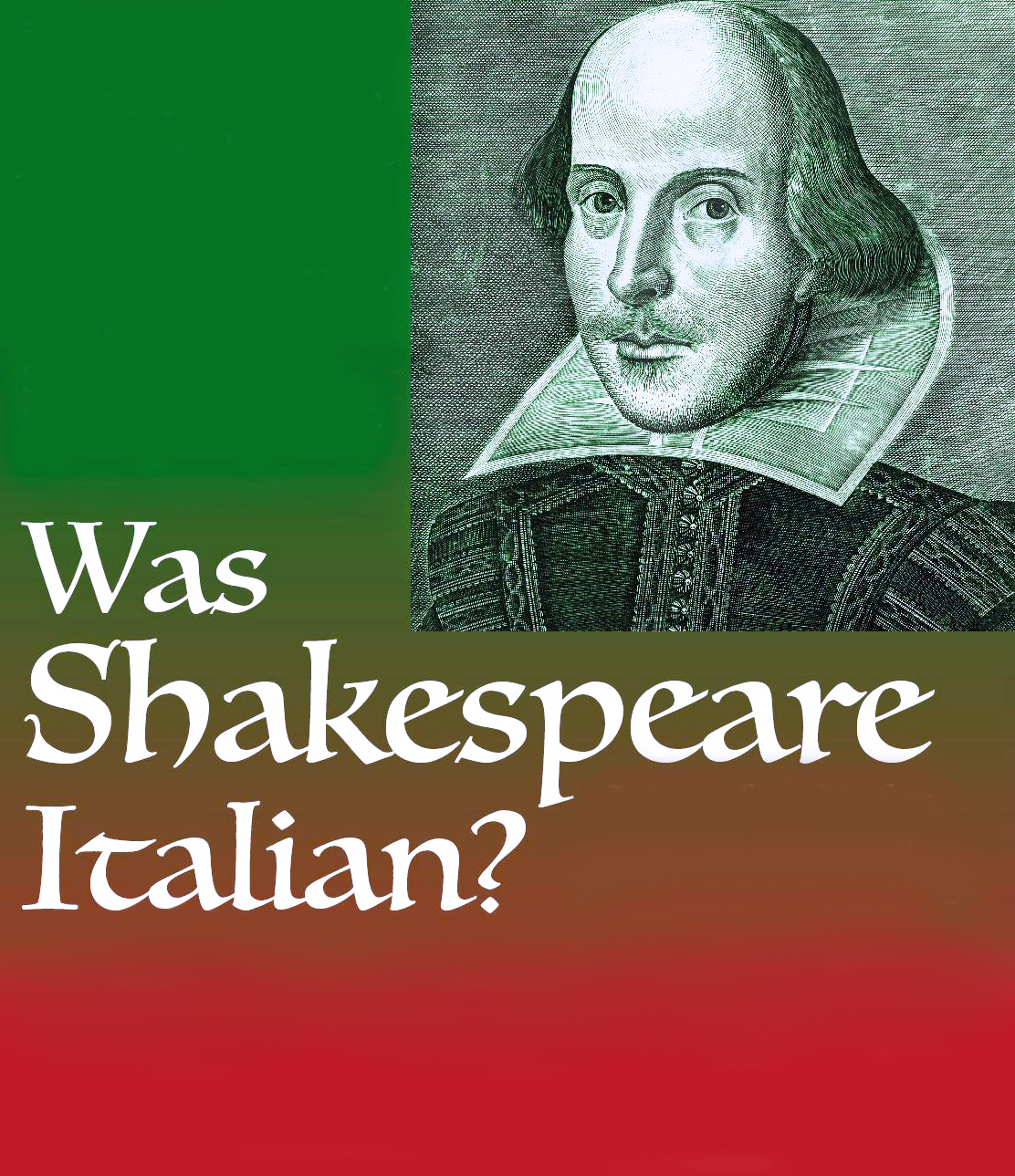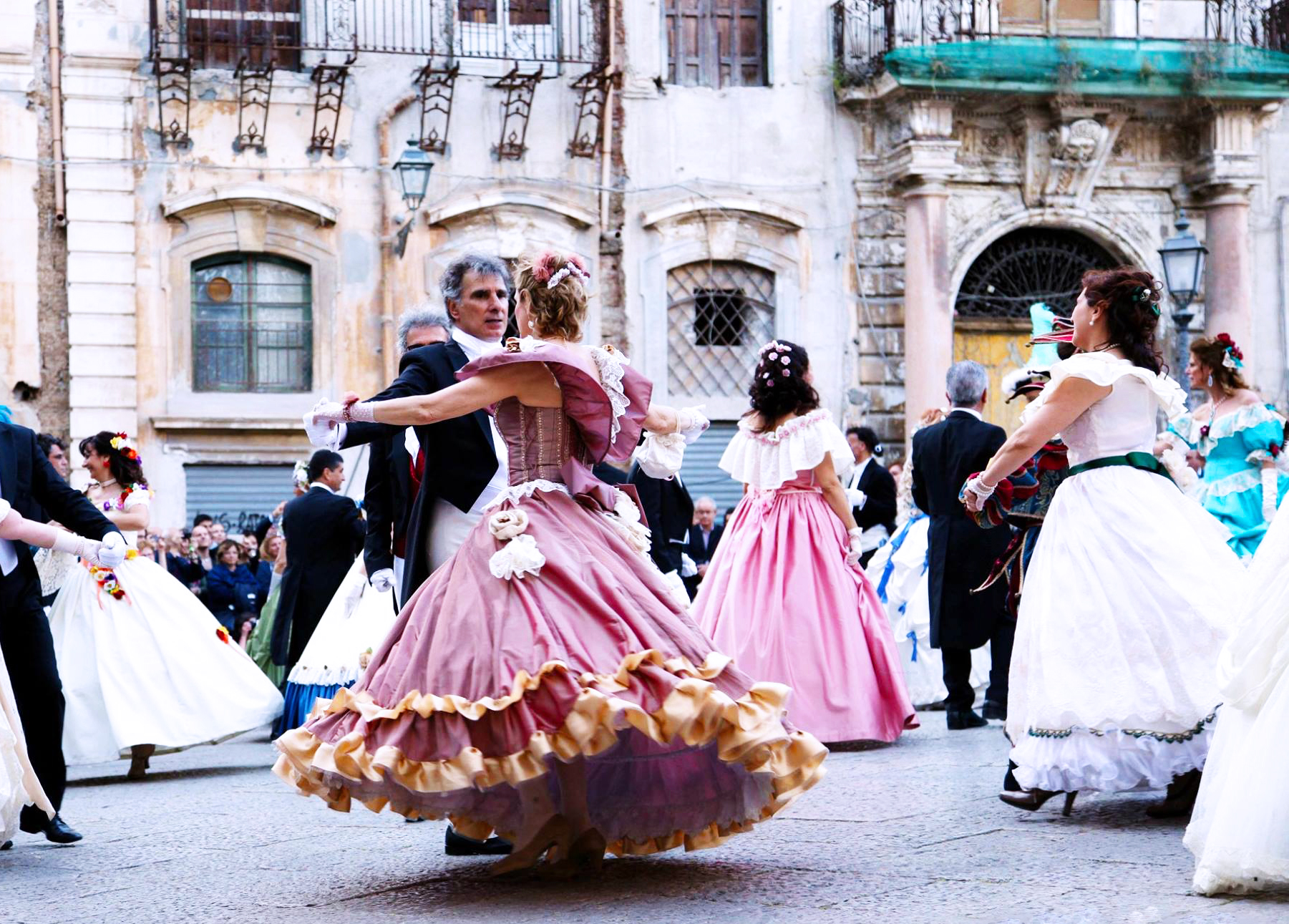Everyone has heard of William Shakespeare and can recite at least a few lines from some of his most famous plays; after all, he still is the best-selling fiction author of all time, with an estimated four billion copies sold. Additionally, everyone knows he was English – or was he? A new television show is in production based on the theory that the Bard of Avon was actually a Sicilian linguist named John Florio. A team of specialist researchers believe this to be the case and the show is being made by Italian filmmaker Stefano Reali.
The three historical researchers, Corrado Panzeri, Saul Gerevini and Giulia Harding, say Florio fled his hometown of Messina, Sicily, during the Inquisition, travelling to Verona and Venice before ending up in London. Once he arrived in London, he stayed in a castle owned by Henry Wriothesley, the third Earl of Southampton and used the aristocrat’s protection and his father’s influence to work as an author and playwright.
It might sound absurd to say that the master of the English language, who famously resided in (and is thought to have been born in) Stratford-upon Avon, England, was in fact an Italian all along. But these researchers are not the first to think so.
In 2002, Sicilian professor Martino Luvara published a book titled Shakespeare era italiano (Shakespeare was Italian) in which he identified the playwright as Messina-born Michelangelo Florio Crollalanza, who fled Italy for London and translated his surname into English – ‘crollare’ means ‘to collapse’ or ‘to shake’ and ‘lanza’ (lancia) means ‘spear.’ His son John was a playwright, author and translator. It has been suggested that it was Michelangelo who wrote the plays in Italian and his son John who translated the works into English.
One of the curious points to be made is that a first edition of Florio’s translation of the Essayes on Morall, Politike and Millitarie Discourses (originally written in Middle French) bears the signature of Shakespeare.
Part of the evidence in support of this are some striking similarities between Crollalanza’s work, including a play called Tanto traffico per Niente (Much Ado about Nothing). But not surprisingly, most experts were not convinced.
Whether he was Italian or not, it is no secret that Shakespeare loved Italy and his local knowledge of the country was remarkably accurate. No less than one third of the Bard’s plays were set wholly or partially in the country and the mystery of how the author had such perfect knowledge of places such as Messina, Venice, Verona and Padua has long fascinated historians.





